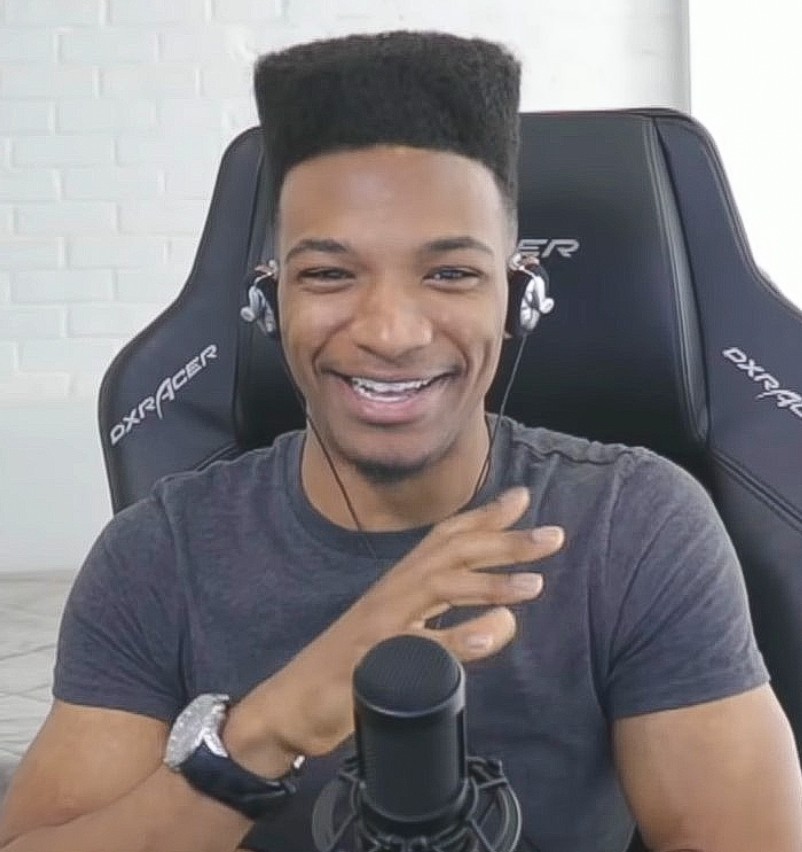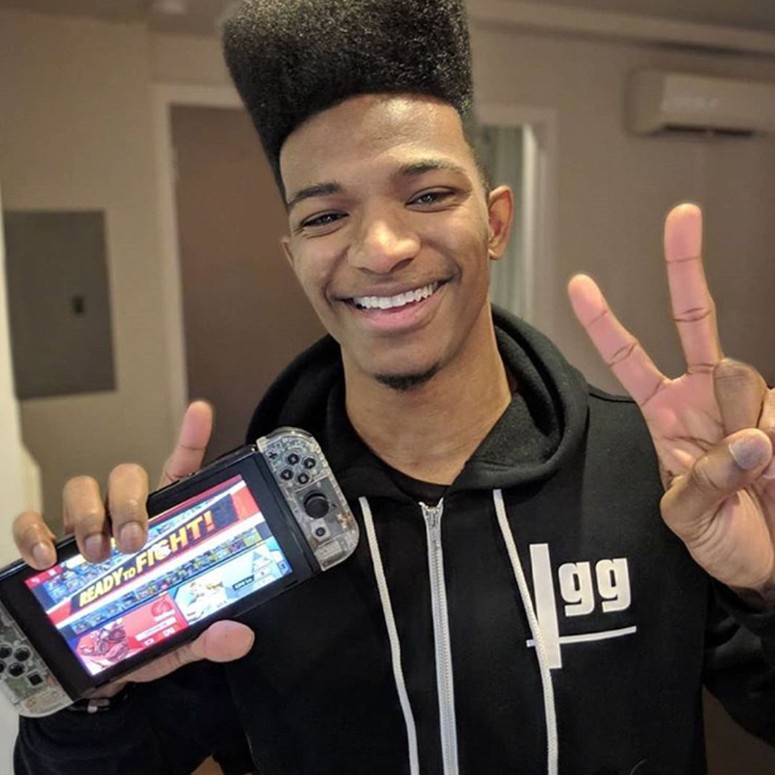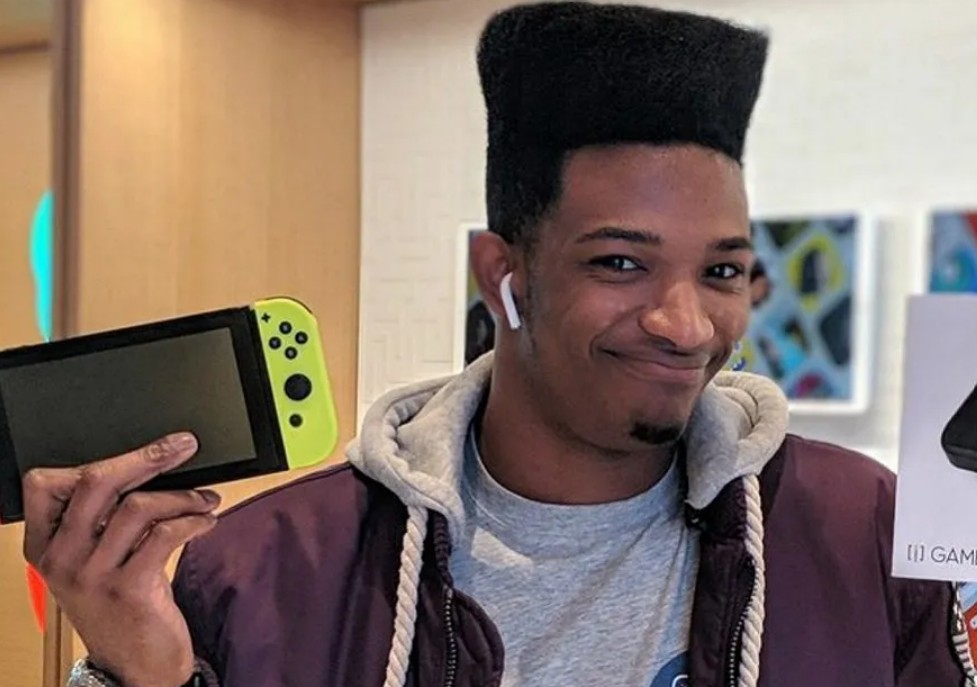Why Did Etika Kill Himself? The Ongoing Struggle
Desmond Amofah, better known by his online alias Etika, was a popular YouTube content creator, gamer, and streamer whose vibrant personality and infectious energy earned him a dedicated fanbase. His tragic death by suicide in June 2019 shocked the internet community and brought renewed attention to the ongoing mental health struggles many online creators face behind the scenes.
Content
Discovery and Confirmation of Death
Etika’s disappearance on June 19, 2019, sparked concern across the YouTube and gaming communities. On that day, he uploaded a now-deleted video expressing suicidal thoughts, stating that he had lived a good life but had become overwhelmed by the pressures of fame and his own internal battles. The alarming video led many fans to contact authorities and share concern across social media platforms.
The New York Police Department (NYPD) confirmed that Amofah was last heard from at approximately 8 PM on June 19 via a phone call. After being reported missing the next day, an extensive search effort was launched. Sadly, on June 25, authorities confirmed that his body had been discovered in the East River, near the South Street Seaport in Lower Manhattan. The next day, the medical examiner ruled his death a suicide by drowning.
Etika was just 29 years old at the time of his passing.
A Public Struggle with Mental Health
While Etika was best known for his charismatic livestreams and enthusiastic reactions to gaming news particularly Nintendo-related content his mental health challenges had been publicly unfolding for nearly a year before his death.
The first major sign of distress came in October 2018, when Etika deleted all of his YouTube videos and posted a cryptic, suicidal message on Reddit. Around this time, YouTube banned his channel for violating content guidelines, including uploading explicit material. His Facebook and Twitter accounts also went inactive, causing worry among his followers.
Christine Allice, Etika’s ex-girlfriend, later revealed that he had voluntarily checked into a mental health facility after this episode. This offered fans some hope that he was seeking help. However, his struggles continued to surface in more public and troubling ways.
A Series of Escalating Incidents
In mid-April 2019, Etika was hospitalized again after threatening to kill himself. The incident was covered by media outlets including Newsweek, which began to track the worrying pattern of behavior. Just two weeks later, he was arrested in Brooklyn after live-streaming what appeared to be another suicide threat from his apartment. He spoke incoherently about global destruction and nuclear war, and posted a disturbing, Photoshopped image of himself pointing a gun at the camera.
Following that livestream, emergency responders took him to a nearby hospital for psychiatric evaluation. But the episodes did not end there.
On May 1, Etika found himself in another crisis. He was taken to a mental facility following an altercation with a police officer. Days later, he posted on social media that the officer had punched him after he gave the middle finger during the encounter. Despite his humor and attempts to appear resilient, the signs of psychological turmoil were increasingly clear.
Grief and Mourning in the Creator Community
Etika’s death was met with an outpouring of grief from fans and fellow content creators. YouTube Creators, the official account of the platform’s development team, tweeted, “We mourn the loss of Etika, a beloved member of our gaming creator community. All of us at YouTube are sending condolences to his loved ones and fans.”
Felix Kjellberg, better known as PewDiePie, shared his sadness as well: “Hard to grasp that he’s actually gone, left us way too soon. You will continue to live on in our hearts. Rest in peace @Etika.”
Other creators, like YouTuber Lux, used the moment to encourage empathy and proactive mental health awareness: “RIP Etika. We didn’t know each other but I just wanted to say rest in peace. It gets said a lot on social media but I’m gonna say it again. Reach out to someone, anyone, to talk through things. There are always people that care about you.”
The Hidden Cost of Fame and the Internet Spotlight
Etika’s story underscores a painful truth: the fame and constant connectivity of internet stardom can magnify existing mental health issues. Content creators are often expected to maintain high levels of energy and engagement while simultaneously managing intense pressure, criticism, and personal challenges. Many creators, like Etika, feel the need to present an idealized version of themselves to maintain their audience, even when they are privately struggling.
The digital landscape can also isolate individuals, turning fans into spectators rather than supporters. In Etika’s case, his erratic behavior sometimes drew mockery or disbelief from online audiences some even accused him of seeking attention rather than facing genuine mental health struggles. This form of public invalidation likely intensified his sense of isolation.
Lessons Learned and the Way Forward
The death of Etika prompted renewed discussions about mental health, particularly within the gaming and YouTube communities. It also raised important questions about the responsibilities of platforms like YouTube and Twitch in identifying and supporting creators in crisis.
It is vital to de-stigmatize mental health issues, especially among young men and creators of color who may already face cultural or social barriers to seeking help. Etika’s life and tragic end should serve as a reminder that behind every profile picture or subscriber count is a human being someone capable of pain, confusion, and fear, just like anyone else.
For content creators, there is a need for stronger support systems, both formal and informal. Whether through platform-provided mental health resources, peer networks, or professional therapy, the mental well-being of digital creators must become a priority.
Mental Health Resources
If you or someone you know is struggling, there are resources available. You are not alone.
National Suicide Prevention Lifeline (US): 1-800-273-TALK (8255)
Crisis Text Line: Text “HELLO” to 741741
International resources: Mental health hotlines exist in most countries and can be found through a quick web search or through organizations like the International Association for Suicide Prevention.
Etika’s Legacy
Etika was more than just a YouTuber he was a passionate gamer, a trailblazer in online entertainment, and a person who touched thousands with his humor, joy, and energy. His fans will remember him not only for his entertaining content, but also for the vulnerability he showed during his struggles.
His story is a solemn but powerful reminder of the importance of checking in on our friends, speaking openly about mental health, and recognizing when someone might need help even if they don’t ask for it directly.
Rest in peace, Etika. You will not be forgotten.
Daily Hot News -Why Did Gus Kill Victor? Breaking Down the Most
Death Stranding 2 Review Embargo and Release Date
Adrian Peterson Poker Fight Video in Heated Brawl
Nadia and Yanni Full Fight Video Sparks Online Frenzy
Scott Rogers Video and Raises Privacy Concerns Online
Anonymous False Flag Video Claims to Expose Secret Plot
Bonnie Blue Petting Zoo Video and Fascination Across



